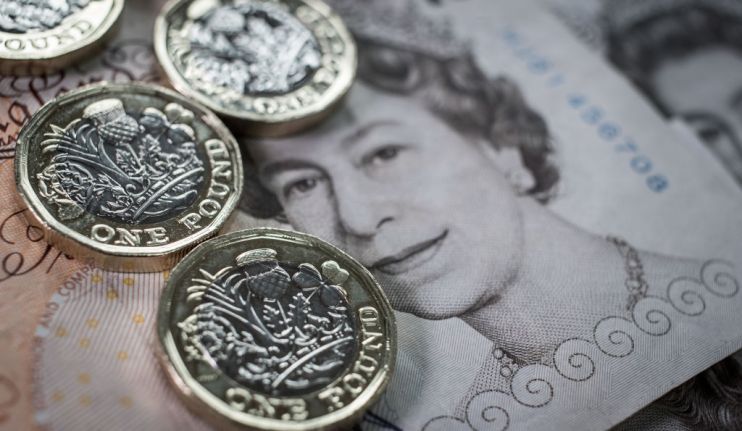
How are the banks battling coronavirus?

As countries ramp up efforts to control the pandemic, the economic impact of Covid-19 is having an impact on currency values by creating a significant amount of market volatility. Typically when businesses are faced with large-scale uncertainty, the pound is volatile and the current situation with Covid-19 is adding pressure to currencies, including sterling. The pandemic is now global, meaning markets are in turmoil and currency values are fluctuating as a result.
How is the world reacting?
There are global and coordinated efforts to stem the spread of the virus, for example, the European Union sealing its borders to most non-EU citizens for 30 days, and some coordination when it comes to the fiscal front as well. Cuts in the Bank of England rates and other fiscal stimulus, a change in government policy and the progression of Covid-19 across the UK will all impact the value of sterling, and in turn many businesses and individuals.
Different measures in different countries could also have an impact on their currency and in turn the British pound. So far we’ve seen the US cutting interest rates, with the Fed chopping rates by a full percentage point to zero, and has announced it will be buying bonds to pump more money into the economy. It is part of a coordinated action plan, with the banks of Canada, England, Japan, the European Central Bank and the Swiss National Bank agreeing to help increase the availability of US dollars via swap lines. The Reserve Bank of New Zealand and the Bank of Canada made fresh interest rates cuts as well, but despite all these efforts, many markets opened the morning of this announcement in the red.
What does the future hold?
The UK government has outlined its coronavirus action plan, believing that up to a fifth of the workforce could be off sick at the peak of an epidemic, in a “stretching scenario.” This could put further pressure on the economy during a crucial transition year following Brexit. Physically Italy has seen some of the worst breakouts, with the country seeing an incredibly high death toll, second only to China.
The over 70’s are most at risk of the coronavirus, and Italy has Europe’s oldest population, with approximately 23% of Italian’s over the age of 65. Germany could potentially bear the brunt of the economic situation because of trade stalling, such as a halt in demand for cars in China. Covid-19 could push the Eurozone into a recession, with Italy already fragile – during the 20 years of the euro’s existence as a currency, Italy has recorded next to no growth economically.
The US dollar has remained relatively unscathed from the outbreaks, with the greenback outperforming the typically safe-haven Yen, as investors see Asian currencies as a greater risk due to their geographical proximity to coronavirus. The Trump administration announced that they want to get emergency funds into US households immediately, with the British pound falling significantly against the US dollar. The currency market continues to operate with a high awareness of the risk and the many variables in play regarding coronavirus, which could mean further volatility in the currency market and currency values.
Expert service in uncertain times
Even in these uncertain times, you may have international payments to make, and working with a specialist means that you’ll get expert guidance and reassurance throughout the process. With moneycorp, you can make international payments online and via the mobile app 24/7, wherever you are. You’ll benefit from competitive rates, no transfer fees, and all the support you need while the FX market is in flux. With a specialist team based in the company’s UK HQ to provide support, access to an online account and a mobile app mean that you can act quickly if the need arises and track all your payments.
Sign up for a free account